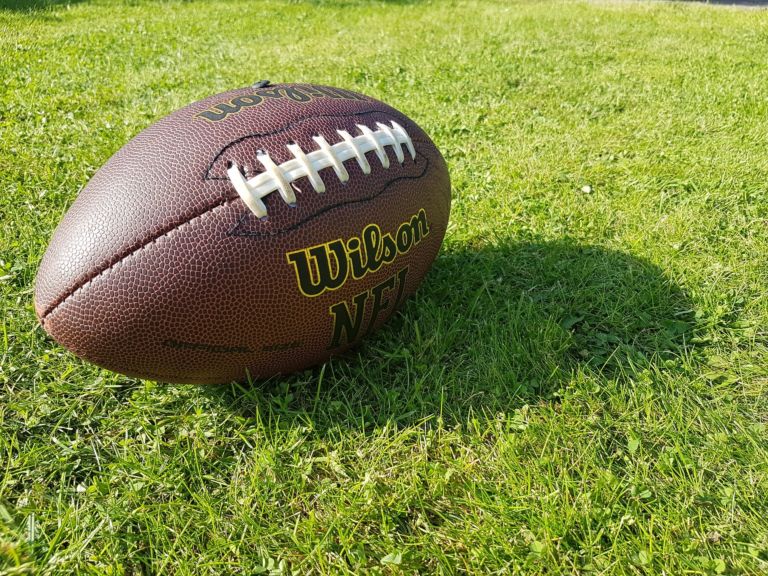In a recent post on the Washington Post website, Eugene Volock provides a link to an unusual filing in a civil case in New York State. Here are some excerpts:
DEFENDANT DEMANDS TRIAL BY COMBAT
Defendant invokes the common law writ of right and demands his common law right to Trial By Combat as against Plaintiffs and their counsel, whom plaintiff wishes to implead into the Trial By Combat by writ of right….
Proposals to abolish trial by battle were made in the 17th century and twice in the 18th but were unsuccessful….
In 1774, as part of the legislative response to the Boston Tea Party, Parliament considered a bill which would have abolished … trials by battle in the American colonies. It was successfully opposed by Member of Parliament John Dunning….
Parliament abolished wager of battle … in 1819, and at the same time they also abolished the writ of right and criminal appeals….
At the times of the ratification of the Bill of Rights in 1791, trial by combat was not outlawed in any of the Thirteen Original United States (including the State of New York), all of whom inherited British common law upon independence in 1776.
Since then, no American court in post-independence United States to the undersigned’s knowledge has addressed the issue, and thus trial by combat remains a right reserved to the people and a valid alternative to civil action….
The allegations made by Plaintiffs, aided and abetted by their counsel, border upon the criminal. As such, the undersigned respectfully requests that the Court permit the Undersigned to dispatch Plaintiffs and their counsel to the Divine Providence of the Maker for Him to exact His Divine Judgment once the Undersigned has released the souls of the Plaintiffs and their counsel from their corporeal bodies, personally and/or by way of a Champion.


